Haryana’s Food Processors
In an attempt to remove risk from the grain-producing economy, India guarantees that it will purchase at generous prices and mill at no cost to producers every kernel of wheat and almost every grain of rice that its farmers grow.
NARAIGARH, Haryana, India — Ashoka and Vinod Gupta, both in their 50s, own and manage the Shivshakti Rice Mill, which they founded 27 years ago after working for their father as grain buyers during their adolescence. The mill — one of 13 in the immediate area — dries, processes, and loads into burlap sacks 2,000 to 2,500 metric tons of rice annually. Still, much of what is produced and processed nationally is not reaching the hundreds of millions of poor Indians who need it, especially in the nation’s teeming cities. Though India provides rice and wheat at subsidized prices to its poor, those prices are still too high for tens of millions of families to afford. Additionally, India’s system for delivering rice to market is hampered by inefficient distribution and corruption. All of these barriers, in turn, reduce shipments of grain to market and add to the surpluses that are piled in Punjab and Haryana.
Click the photos below to enlarge the photo slideshow to learn more about Haryana’s grain processing.
- In Vasant Kunj B5 — one of Delhi’s hundreds of slum villages, this one home to 10,000 people — 20-year-old Sunna lives with his younger brother, Kampulal, along with his wife and two kids. The brothers are both masons, and they each earn about 9,000 rupees (about $US 150) per month, 1,200 rupees ($US 20) of which goes toward renting a brick-and-mortar shack in the squatter village temporarily, while there is work on this side of the city. This means that each member of the family is living on less than $US 2 per day. This government I.D. card, which is also important for voting, allows the family of five to obtain rations of 10 kilograms of rice and 15 kilograms of wheat per month, but Sunna says it still is not enough.
- In Vasant Kunj B5 — one of Delhi’s hundreds of slum villages, this one home to 10,000 people — 20-year-old Sunna lives with his younger brother, Kampulal, along with his wife and two kids. The brothers are both masons, and they each earn about 9,000 rupees (about $US 150) per month, 1,200 rupees ($US 20) of which goes toward renting a brick-and-mortar shack in the squatter village temporarily, while there is work on this side of the city. This means that each member of the family is living on less than $US 2 per day. This government I.D. card, which is also important for voting, allows the family of five to obtain rations of 10 kilograms of rice and 15 kilograms of wheat per month, but Sunna says it still is not enough.
This slideshow accompanies Scarcity in a Time of Surplus: Free Water and Energy Cause Food Waste and Power Shortage in India, the second story by Keith Schneider in Circle of Blue’s Choke Point: India series. Photos by J. Carl Ganter and Aubrey Ann Parker, Circle of Blue’s director and news editor, respectively. Reach them at circleofblue.org/contact, or contact Keith Schneider directly.
Choke Point: India is produced in collaboration with the Woodrow Wilson International Center for Scholars and its China Environment Forum, with support from Skoll Global Threats Fund. The Wilson Center’s Asia Program, which provided research and technical assistance, produces substantial work on natural resource issues in India, including articles and commentaries on energy, water, and the links between natural resource constraints and stability.

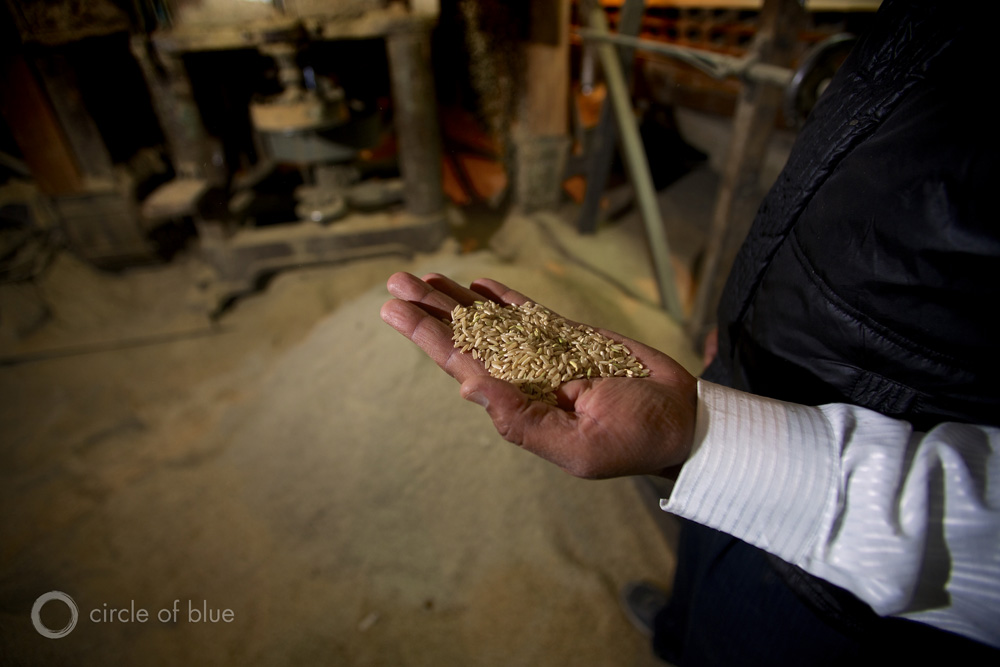


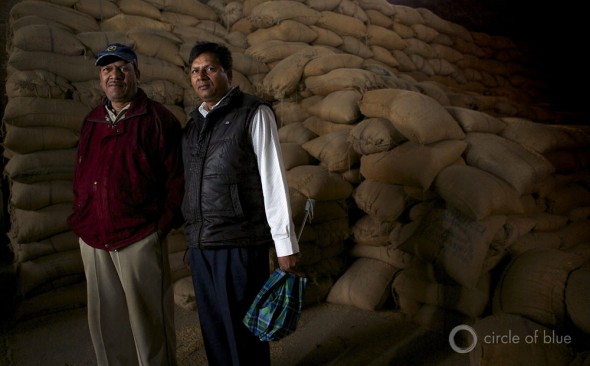
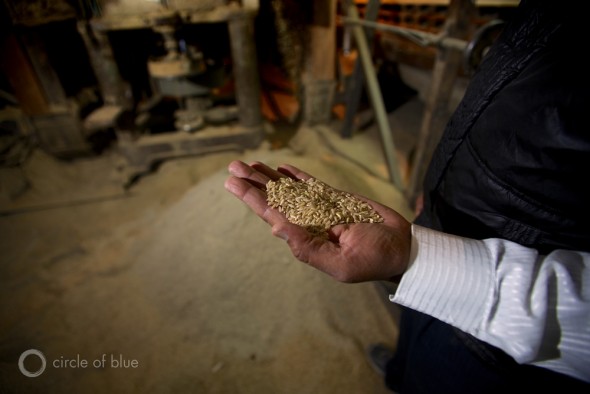
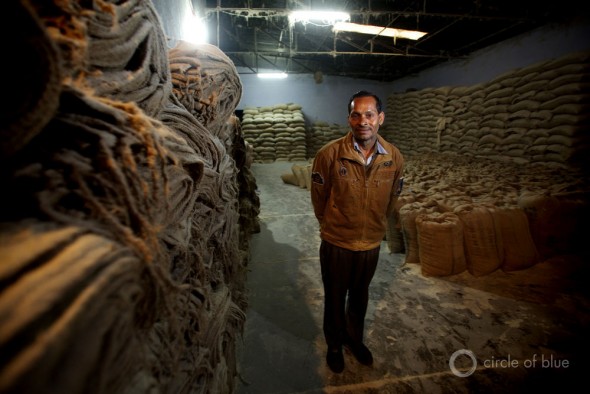
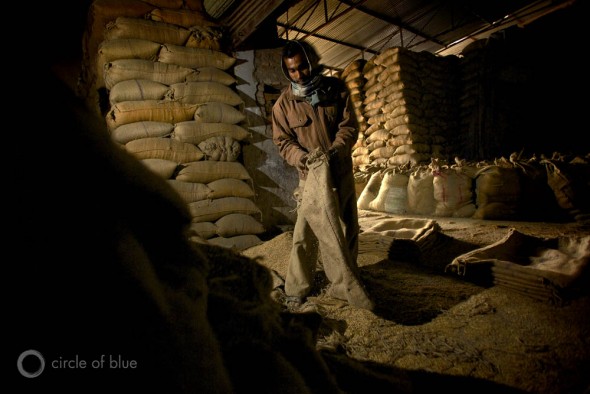
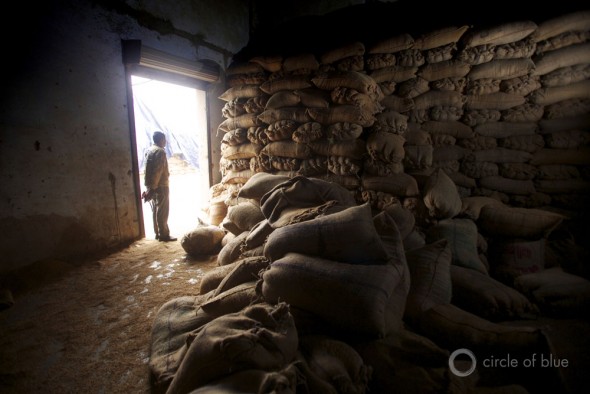
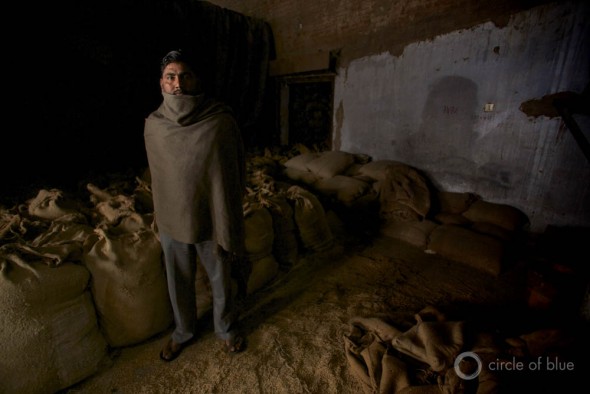
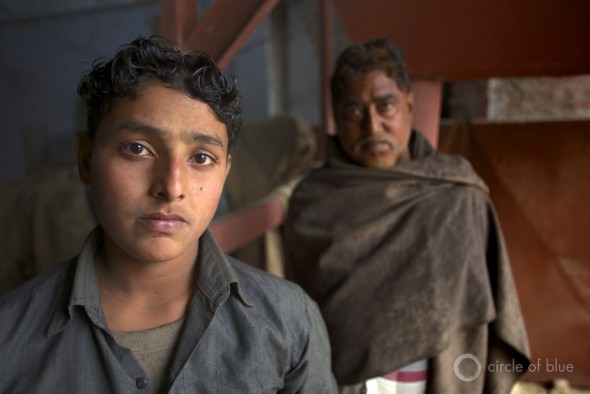
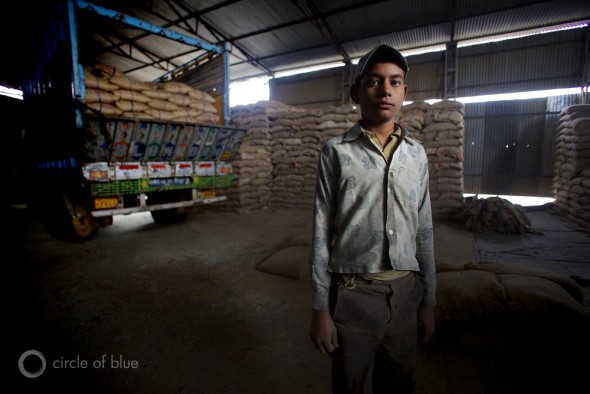
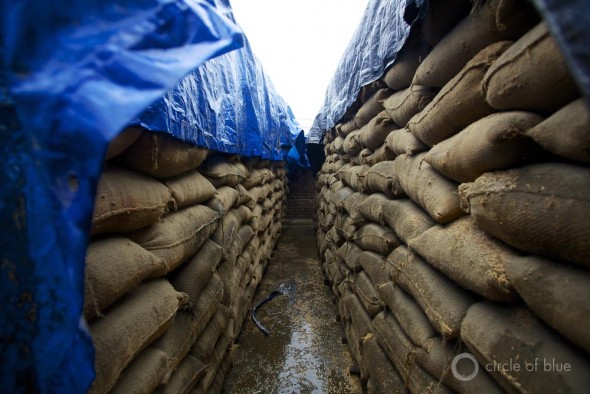
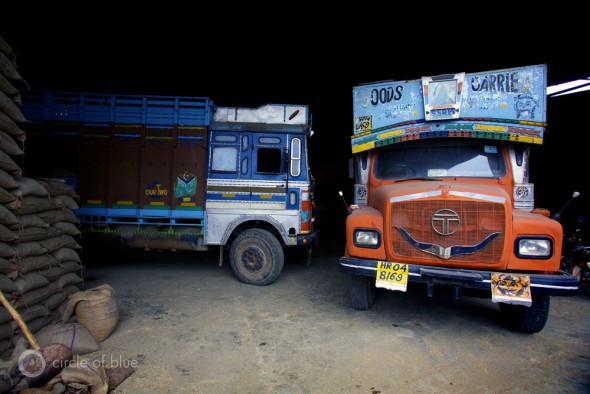
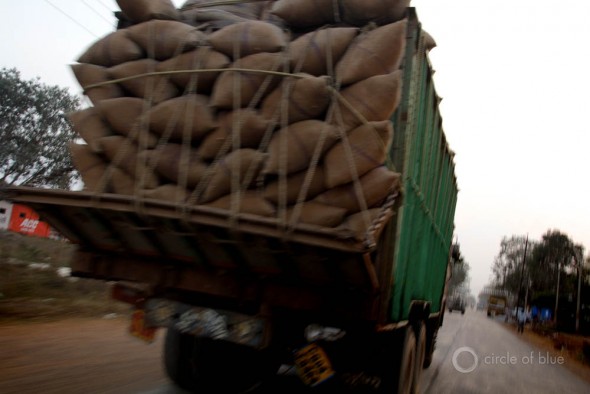
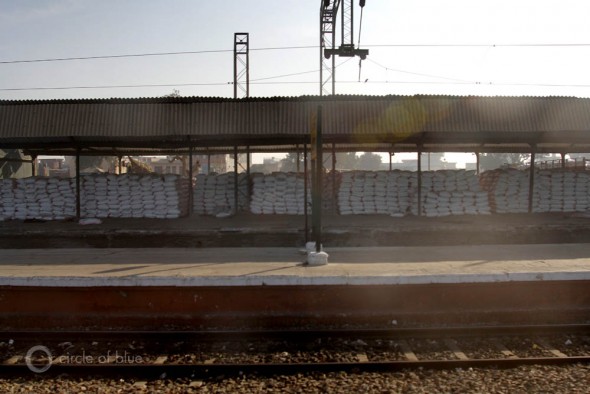
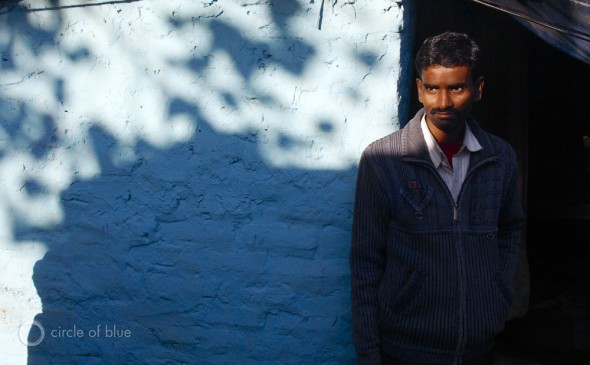
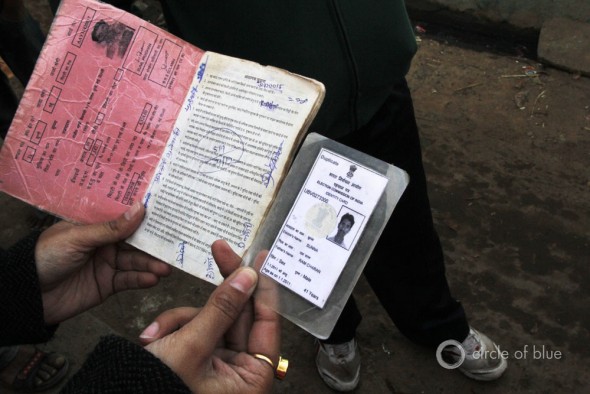

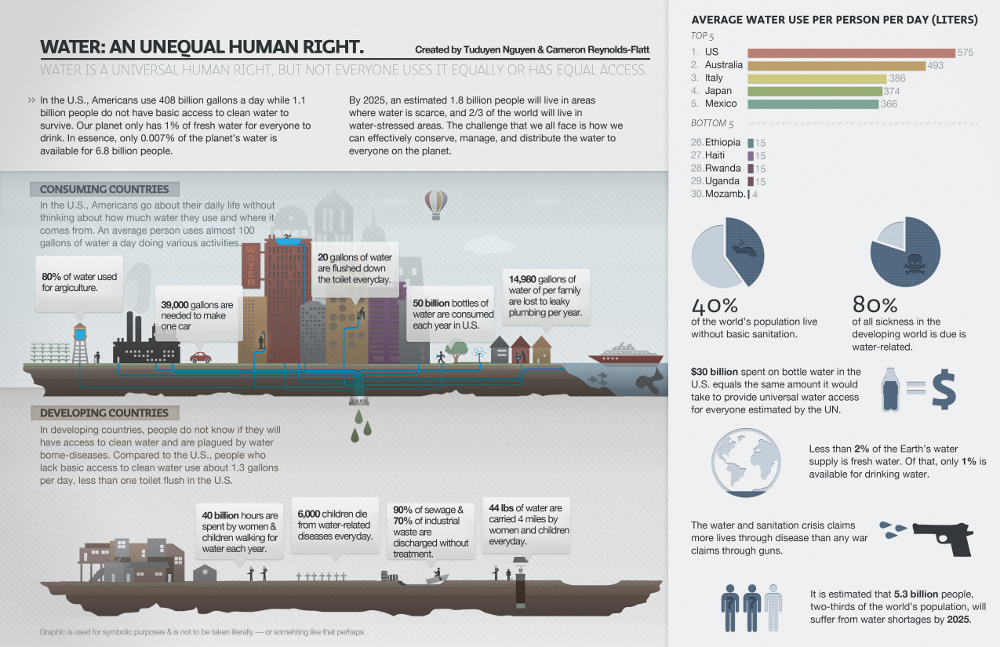
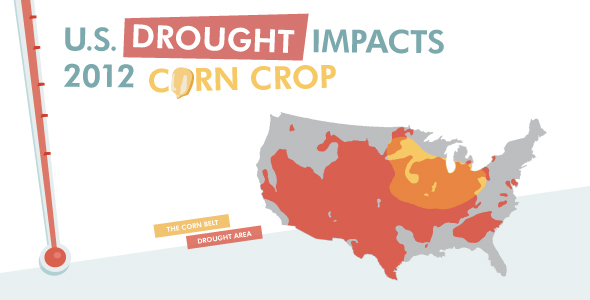

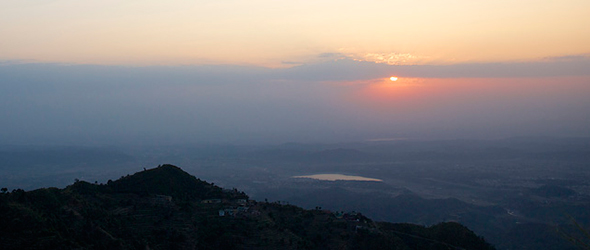
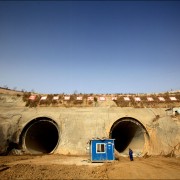

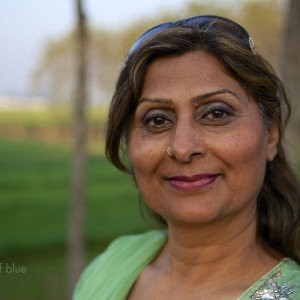
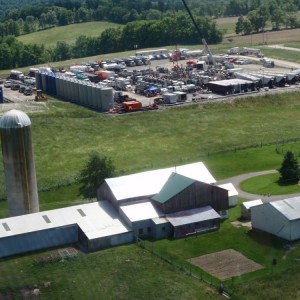
Nice article! Thanks for sharing informative post Keep posting